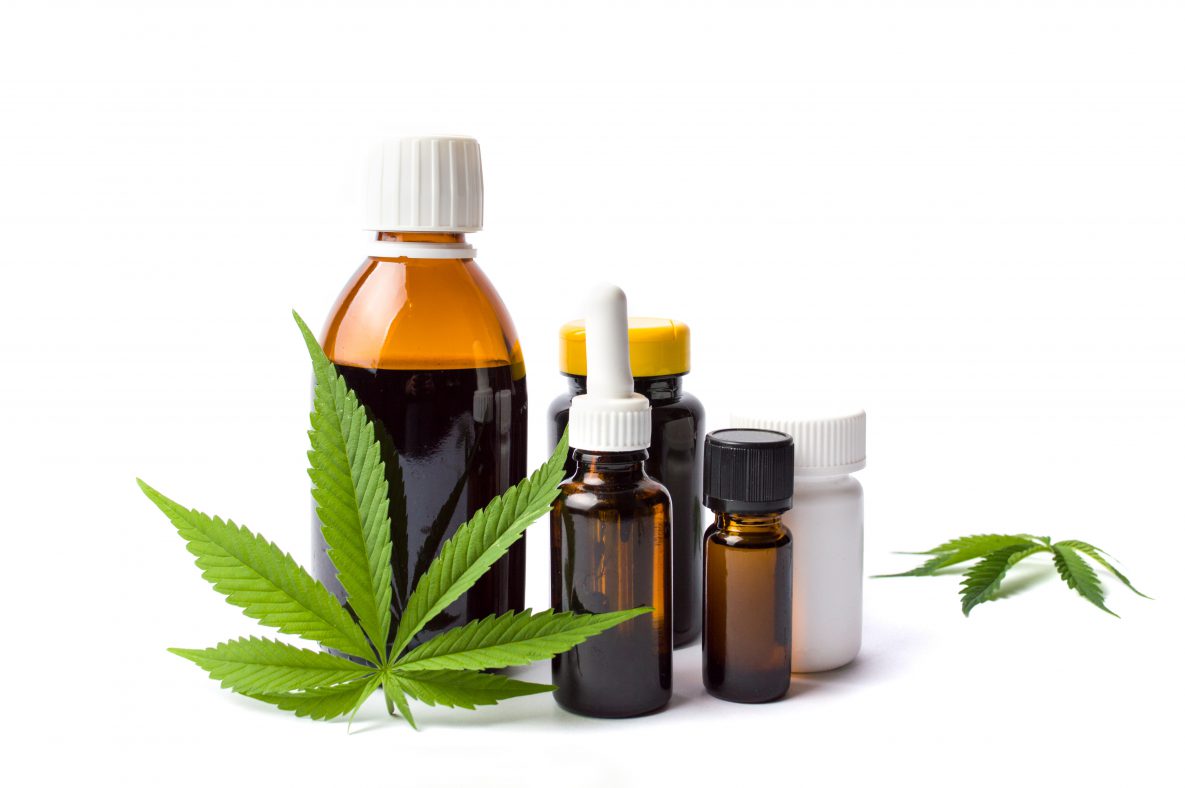After an eight-year delay and a series of postponements in 2023, Brazil’s Supreme Court continues to avoid ruling on the Extraordinary Appeal case that could decide whether the criminalization of drugs for personal use is unconstitutional.
The Supreme Court trial that began in 2015 was scheduled to come to a head on May 24, then delayed to June 1. Then to June 21. Then June 22. It has now been postponed a fourth time, and at the time of this writing a new date has not been announced.
The lack political will necessary to advance the decriminalization of all illicit drugs owes of course to many factors. But one of the most salient is the pharmaceutical industry’s stranglehold on cannabis access. This holds back domestic cultivation of cannabis for medical products and the decriminalization of cannabis for personal use, and with it the decriminalization of all illicit drugs. The Supreme Court case does apply to all illicit drugs, but the public spotlight has been focused on cannabis in particular.
Decriminalization would help medical cannabis patients. But it would hurt the profits of the medical cannabis industry.
In mid-June, Bruna Rocha, executive president of the Brazilian Association of Cannabinoid Industries (BRCann), told Brazilian newspaper Folha de S.Paulo before drug decriminalization could be a viable option, we first need to have further discussion about it. The eight-year delay of the Supreme Court’s ruling began with a similar request from a Brazilian judge at the time.
Rocha was playing the same tired card that everyone in power plays when public pressure threatens their profits. She also spoke—intentionally or not—to a truth at the heart of Brazil’s struggle toward equitable drug policy: that “liberating” drugs would hurt the country’s medical cannabis industry.
Decriminalization would be beneficial to medical cannabis patients—and society as a whole—but it would be detrimental to the medical cannabis industry, which is to say executives would see less profit.
Rocha is a lawyer, and presumably knows that decriminalizing possession of small quantities illicit drugs does not “liberate” those drugs. But BRCann represents the pharmaceutical industry, and of course benefits from maintaining exclusive control of the market. The corporate agenda Rocha serves, one that always values profits over people, retains strong support within the Brazilian government, and corporate capture has a firm grip on medical cannabis in particular. Their goal is never to ensure affordable access to safe and regulated products, but always to perpetuates an inequitable system that benefits a select few.
“Profits over people” keeps the illicit market in business.
Brazil’s medical cannabis industry is certainly not in a precarious position right now. It has been doubling in size each year, and estimates have the profits at nearly $2 billion USD within four years of regulation. Medical cannabis patients, on the other hand, are burdened by exhaustive judicial processes and outrageously inaccessible medicines, as a 30 ml vial of one of the limited number of regulated CBD products retails for around $500 USD.
Rocha, and the entrepreneurs she represents, aren’t mobilizing their considerable social, financial and political capital to advance legal regulation because their concern is not really public security, just industry growth.
Spreading fear and misinformation about decriminalization means supporting mass incarceration, and supporting the continued use of a militarized police force to carry out massacres of the most vulnerable members of Brazilian society.
When regulated products are unaffordable or unsuitable or both, people will always rely on the illicit market to meet their needs. “Profits over people” keeps the illicit market in business.





Show Comments